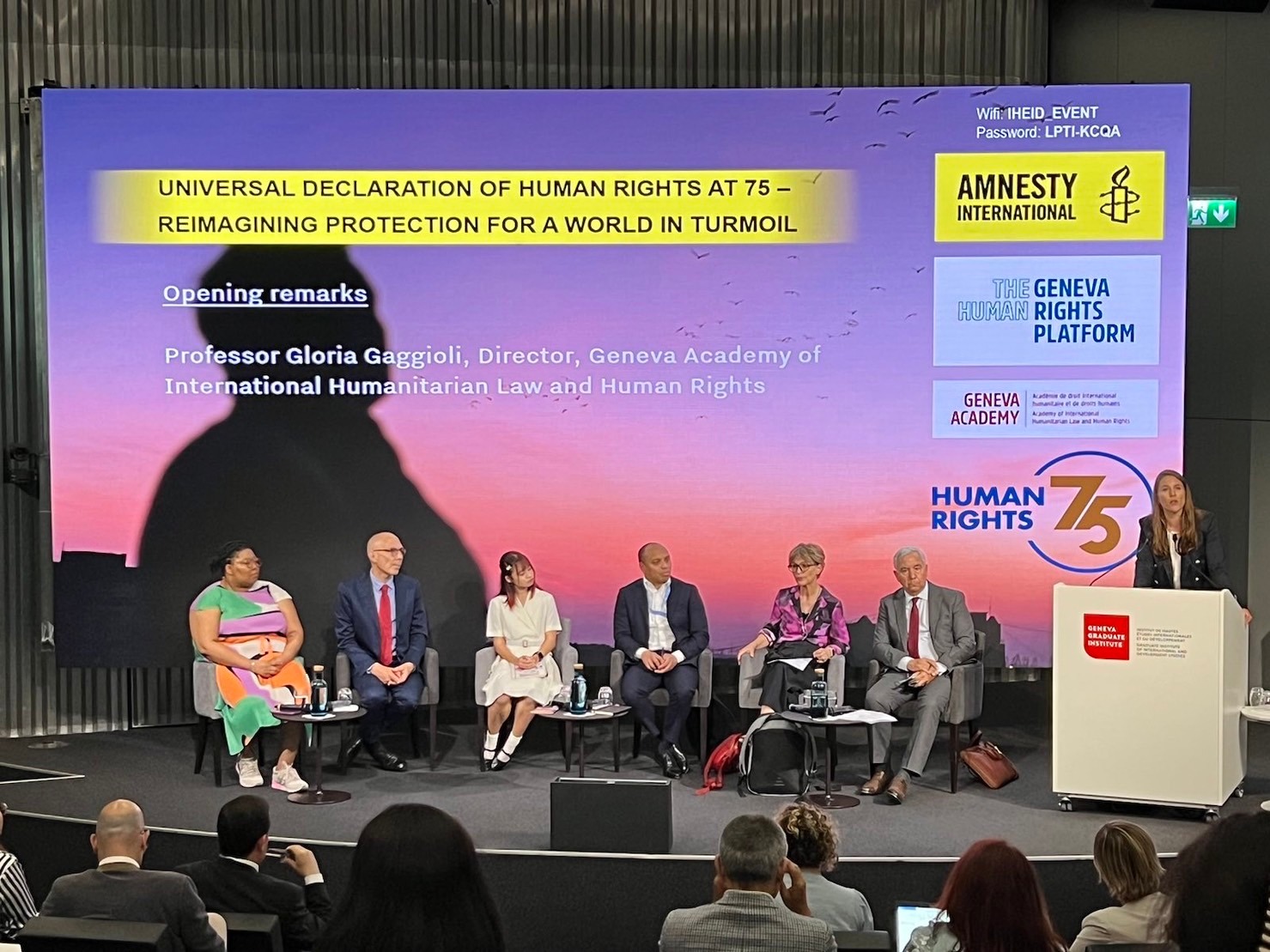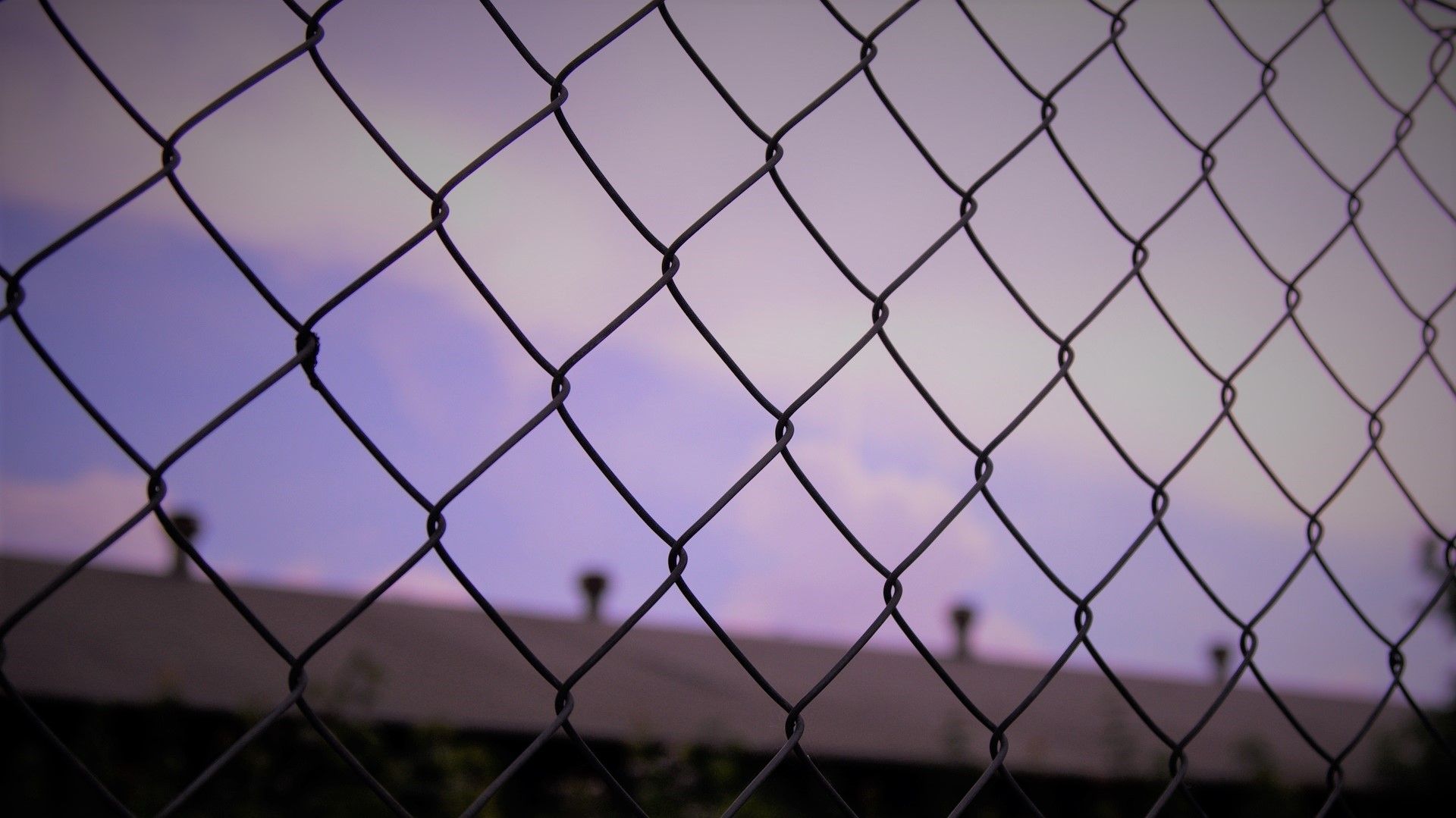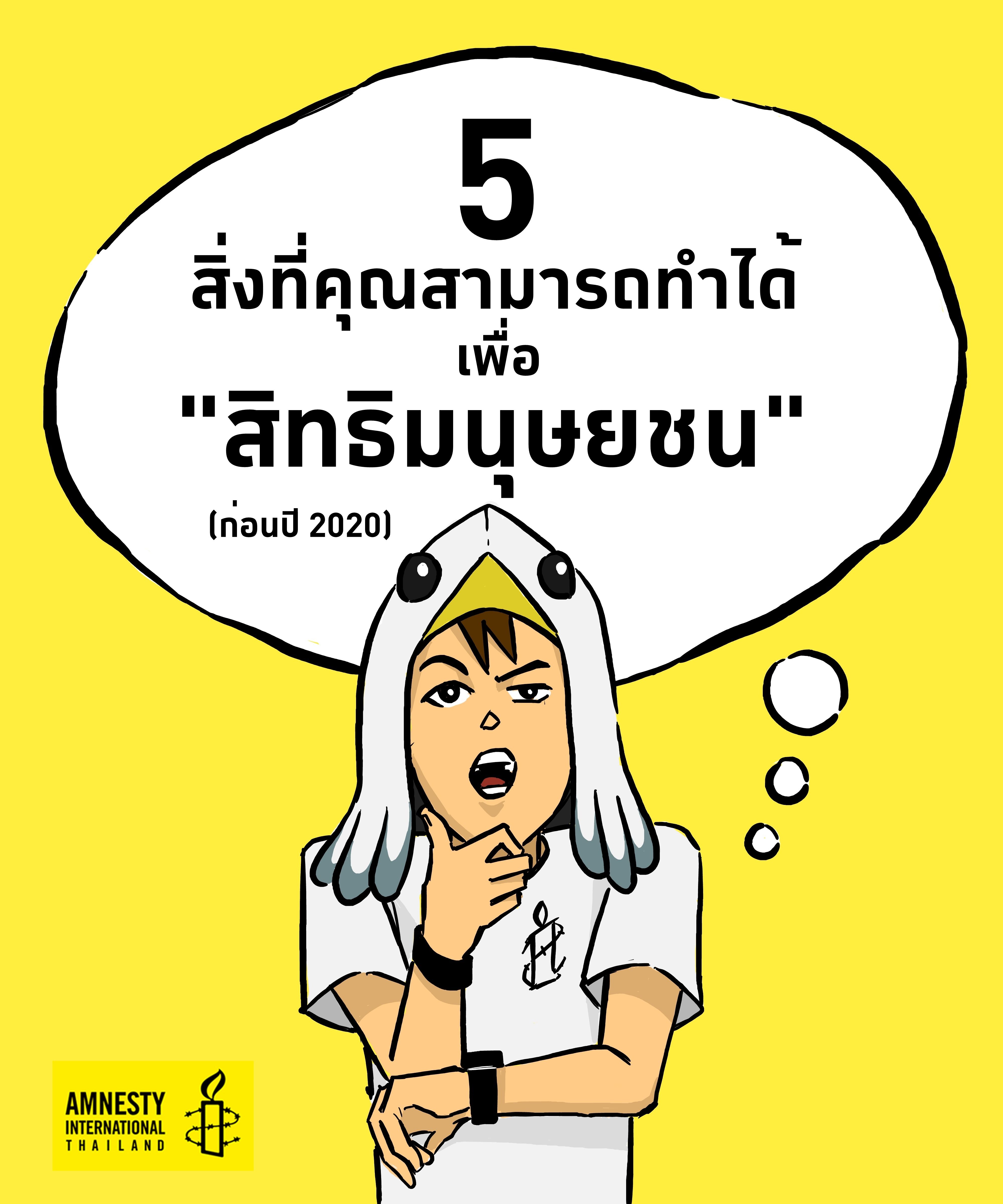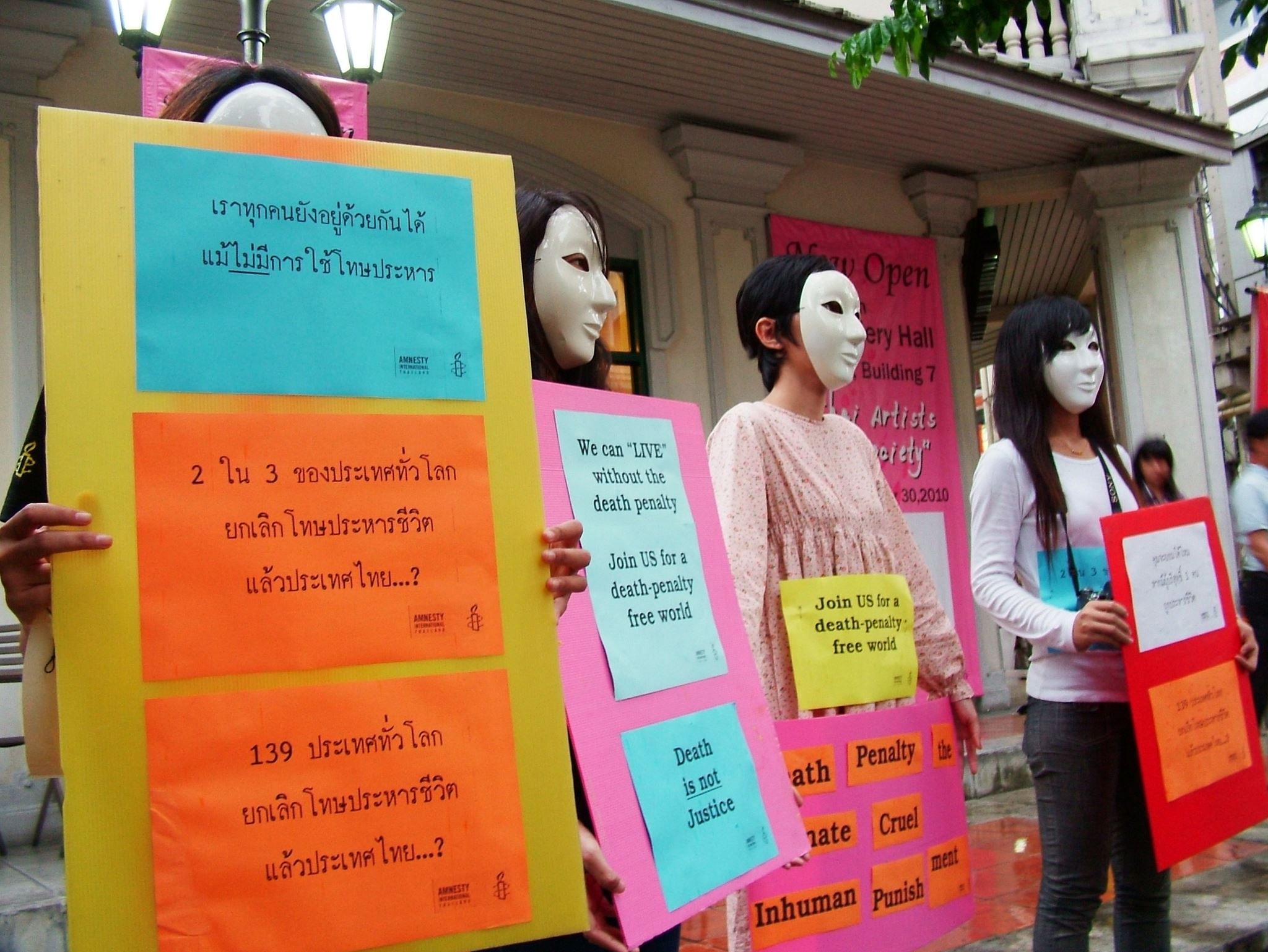Anna Annanon: UNIVERSAL DECLARATION OF HUMAN RIGHTS AT 75: REIMAGINING PROTECTION FOR A WORLD IN TURMOIL
13 June 2023
Amnesty International
Human rights under the UDHR, as for my country, clearly haven’t been used in practice. Although Thailand is one of the countries that drafted the UDHR after the Second World War, the people in the country still experience major human rights violations from the moment we enter school as children; school still spanks students, and they are forced to cut their hair in the military style.
For the first world or developed countries, basic human rights are generally treated as common: marriage equality, clean air, drinkable tap water, and a very nice playground.
But for a country like Thailand, simply demanding these rights for a better life is still a struggle. Protesting peacefully can get you charged. We don’t even have the right to demand basic human rights. The rights to freedom of expression and assembly are clearly being denied by the authorities.

Q&A: Put your hand up if you have ever experienced these statements.
- Experience strong tear gas from the protest site.
- Being on the national security watch list or harassed when you were under 18 for political activism
- Being charged or detained for exercising your freedom of expression when you were below 18
The aspirations of the UDHR, or human rights principles, are clearly neglected by the government rather than protected. We, the people, especially human rights defenders and activists, need to protect ourselves.
I’m not used to seeing police here taking care of human rights defenders and escorting us from place to place. But the police at home would follow and harass me in school, at home, or even at the tutoring session. "All human beings are born free and equal in dignity and rights," which is clearly violated.
Other rights in the UDHR, such as Article 26, "education shall be directed to the full development of the human personality,” should be the state’s responsibility, but we, as kids, need to fight for them. We have to create our own booklet in order to protect students from school abuse, and we have to draft our own bill to protect ourselves from school.
75 years ago, at the time of drafting the UDHR, no one thought that children today were fully participating in politics and exercising their rights. So you see that many things must be addressed and updated. We need to stay relevant and up-to-date. UDHR is like an old phone; it works but can’t download Tiktok. Now, technology and threats are a lot more complex. You see, time continues to change, and violations also become more complex. Now we have not only a physical threat but also spyware such as Pegasus. Phones need updates, as do we.
And the way to deliver and tackle it in order to make human rights principles relevant and functioning is that we need to consider the issues that are evolving, merging, emerging, and transforming. Issues such as children in protest, environmental issues, technology, and online violations. We need to strengthen state accountability nationally and internationally. We need better checks and balances. We need to make sure that not only civic spaces are protected, but we also need to act. We need better international solidarity, and there is a need for better support mentally, physically, and financially for human rights defenders.
I get a lot of questions about whether I am scared about what I’m doing and its consequences; frankly, I was scared, but I also told myself that no kid should ever experience the violation that I faced. No kid should live in fear that their friends will be taken away to prison or not, and no child should be charged for speaking out.
No kid should ever be living under full surveillance; I should be the last one, and it is our job and your job to protect, promote, and fulfil.





